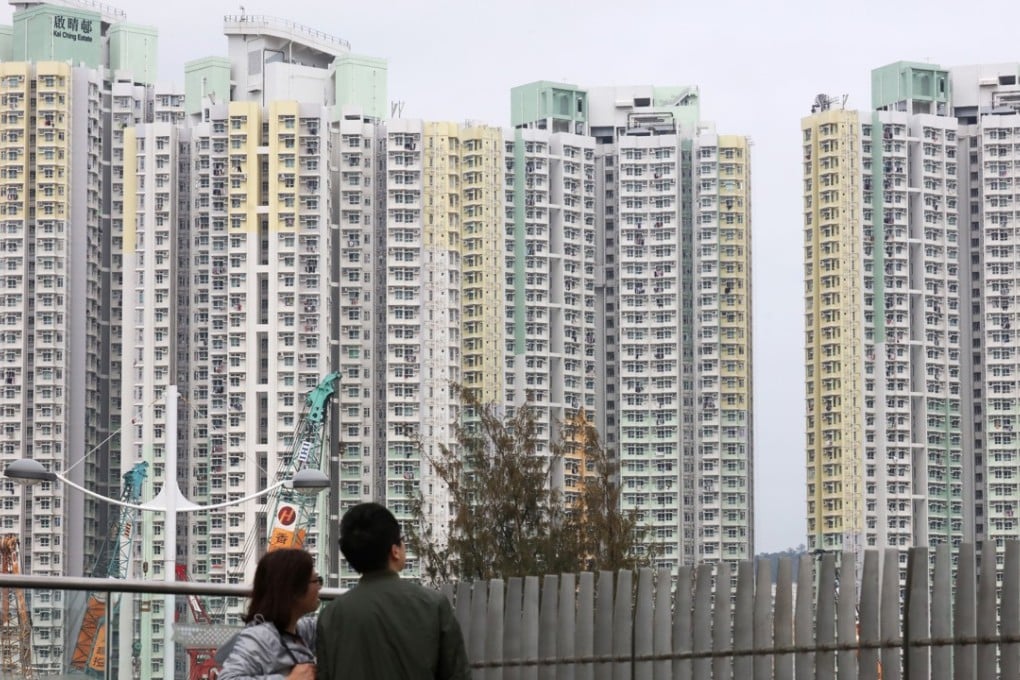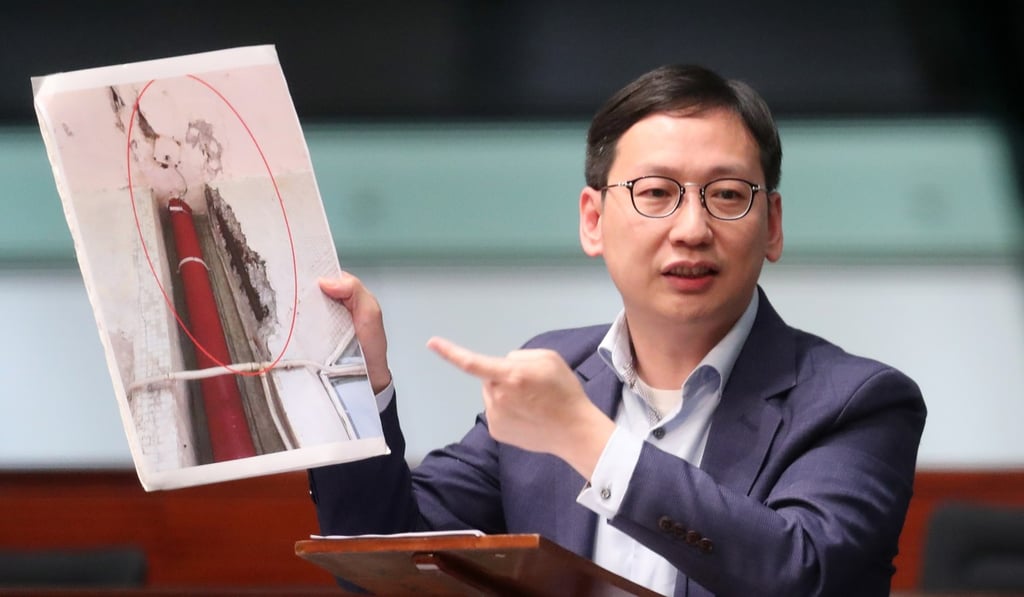More young, single and highly educated Hongkongers on waiting list for public housing, official figures show
- Rising proportion of applicants under 30 have tertiary education
- More people applying for public rental housing from age of 18 as ‘a kind of insurance’, lawmaker Wilson Or says

Nearly half the single young people on the waiting list for public housing in Hong Kong have a tertiary degree, new official figures show.
This marks a steep increase from 37 per cent in 2014 to 47 per cent as of the end of March this year, according to a government paper sent to the Housing Authority on Thursday.
Out of the 272,300 people in line for public rental housing at the end of March, fewer than half – 43 per cent – were single non-elderly applicants, according to the Housing Department. Of that group, almost half, or 58,100 applicants, were under the age of 30. The average age of single non-elderly applicants was 34.
Although the number of young applicants fell by 8,400 since last year, the figures showed there was a rising proportion of highly educated young people waiting for a public flat. Among those under 30, 47 per cent were tertiary-level degree holders. In 2014, only 37 per cent of them were.

“This is becoming more normal. Once young people reach the age of 18, they apply for public rental housing as a kind of insurance,” said lawmaker Wilson Or Chong-shing, who is a member of the Housing Authority’s subsidised housing committee.